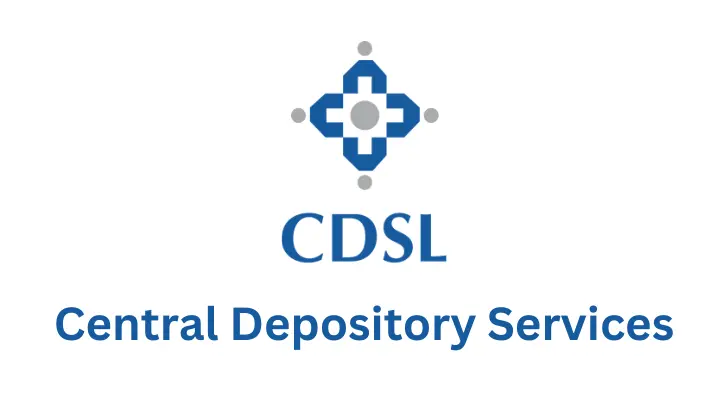

CDSL, or Central Depository Services (India) Limited, is one of the two central securities depositories in India, the other being NSDL (National Securities Depository Limited). CDSL facilitates the holding and transacting of securities in electronic form. Here are key details about CDSL:
1. Central Depository
CDSL is a depository that holds securities such as shares, bonds, and debentures in electronic form on behalf of investors. It eliminates the need for physical certificates and enables secure and convenient trading and investment in the stock market.
2. Demat Accounts
CDSL provides Demat (Dematerialized) accounts to investors through its participants, which are usually brokerage firms or financial institutions. Demat accounts allow investors to hold their securities electronically.
3. Services
CDSL offers a range of services related to securities depository, including account maintenance, dematerialization (converting physical certificates into electronic form), rematerialization (converting electronic holdings back into physical certificates), and electronic settlement of trades.
4. KYC (Know Your Customer)
CDSL plays a role in the KYC process for investors. KYC documents submitted by investors are verified and maintained by depository participants, ensuring compliance with regulatory requirements.
5. Stock Market Transactions
CDSL facilitates the electronic transfer of securities during stock market transactions. When investors buy or sell shares, the ownership change is recorded electronically in the Demat accounts through CDSL.
6. Corporate Actions
CDSL processes corporate actions such as dividends, bonuses, rights issues, and other entitlements. Investors receive these benefits directly into their Demat accounts.
7. Accessibility
Investors can access their Demat accounts and monitor their holdings through CDSL’s web portal and mobile apps provided by depository participants.
CDSL operates under the regulations of the Securities and Exchange Board of India (SEBI) and follows stringent security measures to safeguard investor holdings and transactions.
CDSL Stock Market Transactions
CDSL, or Central Depository Services Limited, is one of the two central depositories in India responsible for holding and maintaining securities in electronic form. When it comes to stock market transactions involving CDSL, it usually pertains to the process of dematerialization, rematerialization, and transfer of securities. Here’s how CDSL is involved in stock market transactions
1. Dematerialization
Dematerialization is the process of converting physical share certificates into electronic form. Investors who hold physical shares can request their depository participant (DP) to dematerialize these shares. CDSL acts as the depository for these dematerialized shares. Once the shares are dematerialized, they exist in electronic form and can be traded electronically on stock exchanges.
2. Rematerialization
Rematerialization is the reverse process of dematerialization. It involves converting electronic securities back into physical share certificates. Investors might choose to rematerialize their electronic shares for various reasons, and CDSL facilitates this process through DPs.
3. Inter-Depository Transfers
Sometimes, investors might want to transfer securities from one depository to another. CDSL and its counterpart NSDL (National Securities Depository Limited) facilitate the transfer of securities between depositories.
4. Pledging and Unpledging
Investors can pledge their dematerialized securities as collateral for loans or other financial transactions. CDSL plays a role in facilitating the pledging and unpledging of these securities.
5. Corporate Actions
CDSL ensures that corporate actions like dividends, bonuses, and rights issues are credited to the demat accounts of investors seamlessly.
6. Record Keeping
CDSL maintains electronic records of securities held by investors. It keeps track of the ownership of shares in dematerialized form.
Please note that CDSL doesn’t directly interact with individual investors but operates through its registered depository participants. These participants are typically brokerage firms, banks, and other financial institutions through which investors open and maintain their Demat accounts. For detailed and specific information about CDSL services, investors should contact their depository participants or visit the official CDSL website for updates and guidelines.
